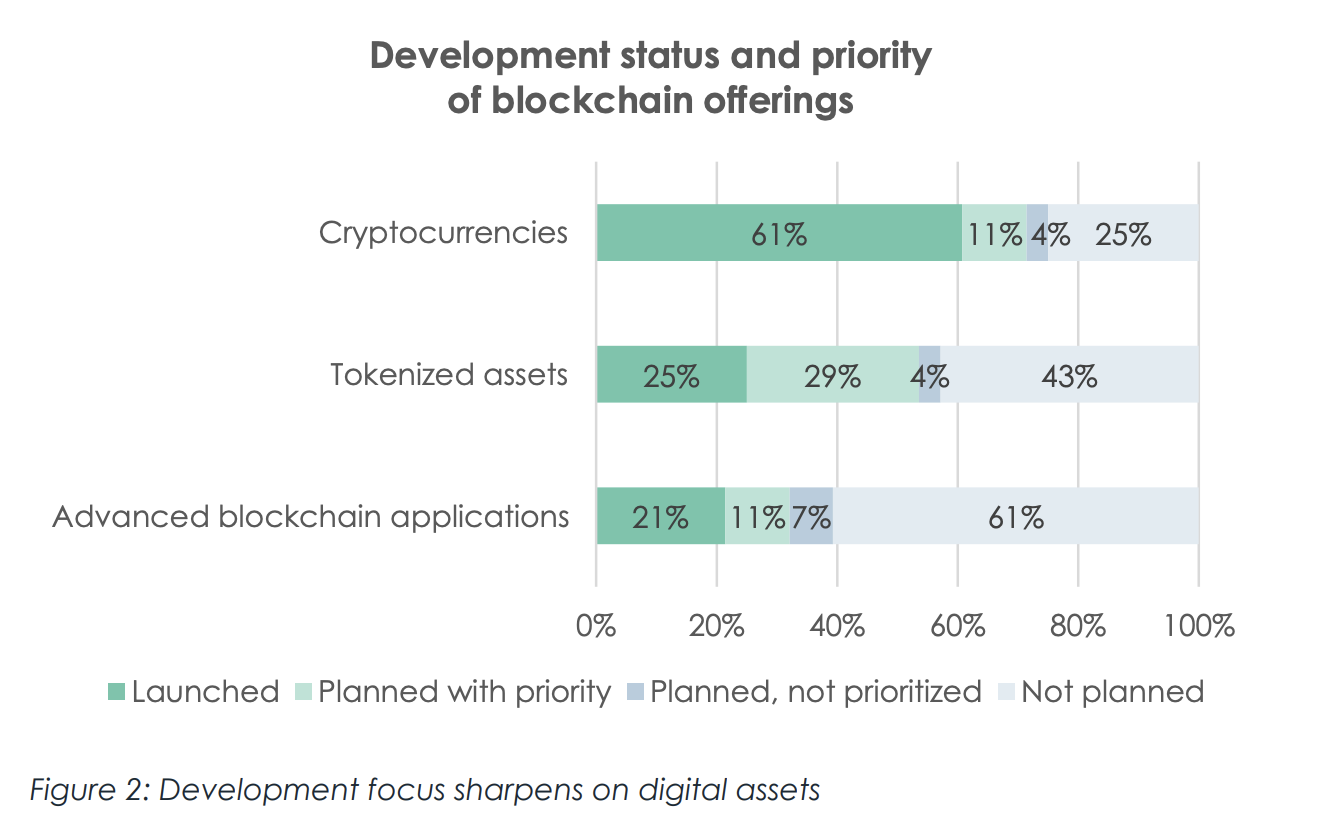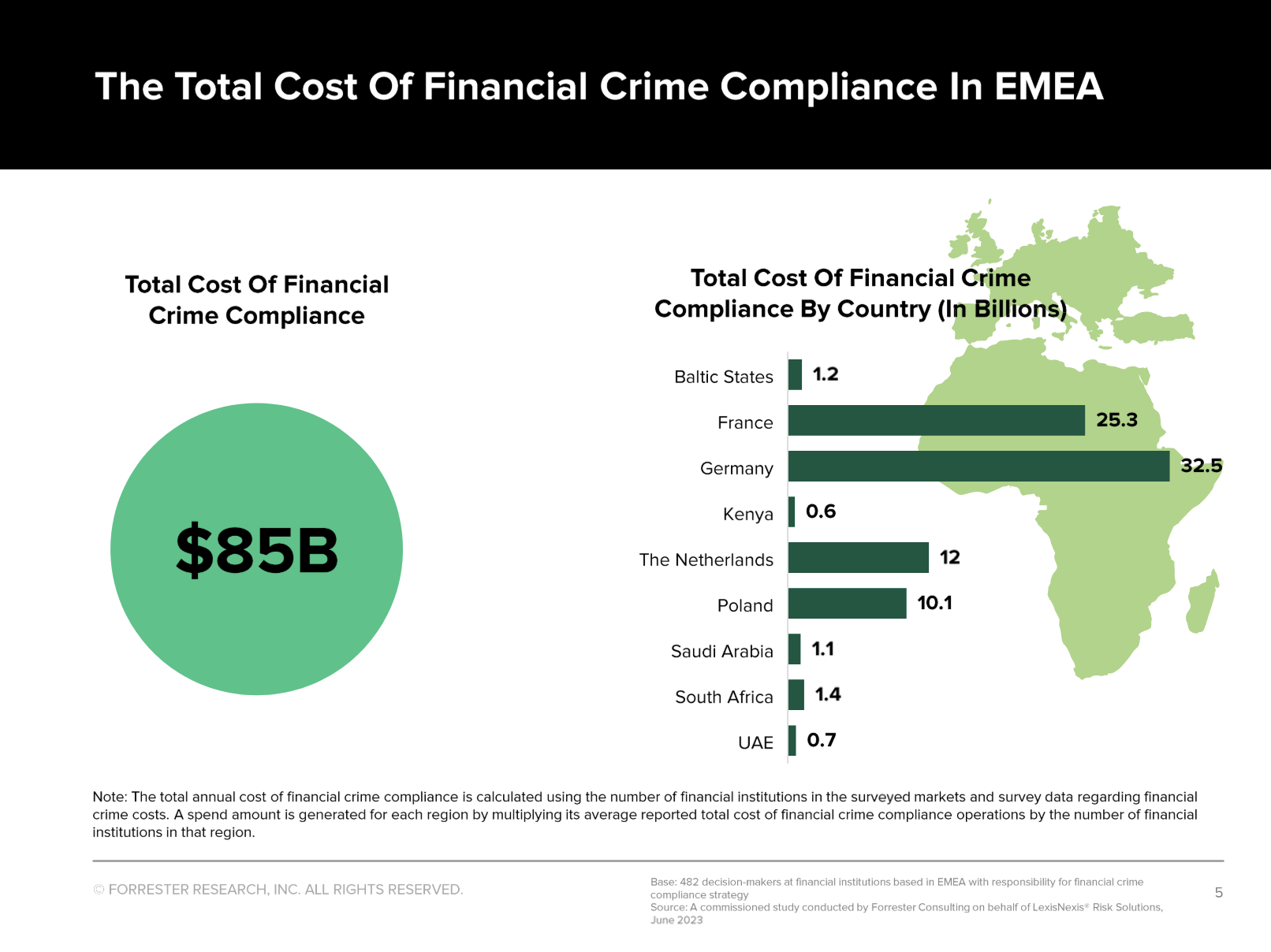A discussion in the investor forum made clear how currency speculators currently help the SNB to maintain the floor against normal investors. A situation that was different in August/September 2011, when the SNB had to fight against these speculators.
A discussion in the investor forum Seeking Alpha: part one
Based on our analysis of the (ever) expanding Swiss trade surplus in Seeking Alpha we issued the following investment recommendation:
Investment recommendation
We exclude an early end of the euro crisis. We expect that in the coming years the EUR/CHF will move under 1.20 and USD/CHF under 0.90. Hence we recommend long-term investors to hold Swiss francs in the form of ETFs or long-term Swiss government bonds with maturities over 20 years (e.g., CH0127181169, CH0127181193). Additionally we prefer the EWL ETF with 45% holdings in the major companies Nestle (NSRGY.PK), Roche Holdings AG (RHHBY.PK) and Novartis (NVS) or direct holdings in these stocks: exactly these food and pharma companies helped to make the Swiss trade surplus so resistant against currency appreciation.
In the investors’ forum the following discussion was started.
Discussion
-
“For investors it implies that Swiss franc investments are highly recommendable.”
You gotta be kidding me.
Are we talking of the Switzerland which suffers from zero inflation, zero growth and zero tolerance towards massive inflows (Francs buy trend)?
Are we talking of the Switzerland that hears many voices calling it to RAISE the EURCHF floor from 1.20 to 1.25 and possibly higher?
I find your article to be interesting and carrying some valid points but to also come up with THE WORST POSSIBLE RECCOMENDATION. Sorry fro this…
I wouldn’t buy Swiss Frances, neither now nor in the foreseeable futureMy recommendation would be:
Go LONG USDCHF if you wish to see higher potential return (out of a higher risk/reward bet)
Go LONG EURCHF if you wish to see a solid, much secure, return over time (patience needed!) -
the conclusions of this article based on no recession. the following is an alternative events tree: elites insist upon austerity (sometimes all the birds fly in the wrong direction), elites win (with the help of political parties, the police, the military, and occasionally neo-fascist thugs), recession (or worse) follows, trade diminishes, nation states rocked by social upheaval, germany issues new mark, switzerland pegs to it.
-
 @g saint
@g saint
I personally think that after some years of austerity and weak growth, a Northern Euro will be introduced. Otherwise the huge German surpluses, thanks to a weak euro, will never stop rising. Switzerland is already pegged to Germany with around 40% of all its FX holdings as German bonds.See more on this. I do not see a recession coming. None the less, my main recommendations are bonds and FXF (swiss francs), a conservative investment. The stocks and the ETF are additional investments for the situation in which the SNB maintains the floor. Swiss companies take great advantage of this currency manipulation. Every day the peg lasts more, the swiss franc gets more into undervalued territory and therefore Swiss stocks must rise. You can see this in the 10-20% performance of the 3 cited stocks since one year ago.
-
-
Great article George. Your recommendation is spot on. The SMI is the place to be.
29 Nov, 02:01 PMReply! Report Abuse | Make Author’s PickLike0Swiss fundamental economic data
-
 @yrbe
@yrbe
Today’s Swiss GDP was 1.4% YoY, the one for Germany was 0.4% YoY.Switzerland PCE change was 2.5% YoY, the one for the US was 1.8%. Why zero growth?I recommended not following main stream news, especially older ones. Please read my other articles, that suggest that:1) The Swiss franc is currently fairly valued, nearly undervalued.2) Can The SNB Make A Profit On Currency Reserves?That smart investors believe in my arguments can be seen in the 20 year yields of 0.95% for Swiss governments, as compared to 2.36% for US treasuries. They would never be so low if they were not sure that the Fed would continue to weaken the dollar for years or maybe decades and that the franc will appreciate against the dollar.A weak currency is not possible for Switzerland, by tradition and by the Swiss National Bank law. -
You are speaking about valuation and I speak about trading.
Furthermore, the data you quote is based on a single observation that says nothing about the long run. Over the last year Switzerland had zero inflation and zero growth, period.
I can speak about huge outflows that leave Switzerland (to places where people feel more secure from a “below the radar” perspective) that may have huge impact over the main sector in the Swiss economy, i.e. financials, but this would need t be addressed at some other place, at some other time.
For the sake of this article I will add the following:
Whether the CHF “should” or “deserve” to be higher based on fundamentals is meaningless. What counts is where the SNB allow it to be. At 1.2036 EURCHF, with a floor of 1.20 and with the EUR not going anywhere (too high) in the foreseeable future it’s a simple math that makes the CHF an almost bullet proof short. Therefore, calling it a good long is beyond my (trading) grasp.
Since the SNB set the 1.2 floor I have a standing order to go long EURCHF whenever it touches 1.20. then after, I just need to decided when and where to get out… it can be 1.21, 1.205 or even 1.203 but under the current situation it can’t be with a loss. -

”Zero growth”: As the data above shows, growth is not zero, quite the contrary.
“CHF to be higher based on fundamentals”: SNB will let the franc appreciate because inflation will force her to do so. 10% house price increase, 12% M1 increase last year, rising salaries, imported foreign/European inflation, and currently still currency appreciation induced deflationary backlog. Details here.
That’s what I meant with Swiss National Bank law: “By law inflation must be prevented.”
I admit my foreseeable future may be more longer-term than your one, it is between 6 months and 4 years. When the floor is removed depends on central bankers, and humans sometimes make irrational decisions.
In the meantime I use stocks as hedge against the floor, but every month Swiss inflation will creep upwards. Depending on the speed of this inflationary development, the part of Swiss equity will be reduced.
I suggest long CHF already now, when CHF is cheap against the dollar. In some months time the franc might be more expensive.
-
At some point the CHF may be stronger but currently it’s headed higher, i.e. weaker, against the greenback.
For example (this morning data): Markets expect the Swiss KOF to fall to 1.60 from 1.67 in November. The stronger-than-expected German data pose an upside risk, as you said yourself. Nevertheless, the growth outlook remains weak and in my view does not suggest any meaningful inflation risk for the time being. This argues in favor of the 1.20 floor holding for the foreseeable future.
Your article was published when the EURCHF stood exactly at 1.2036. Lets “meet” in here every month from now on and see where are we and how the EURCHF is doing. Since you’re the author of this article I would happily read and promptly respond to your monthly comment about it from now on.
For the record, I’m calling for a LONG EURCHF up to 1.215, possibly 1.25 (depends on SNB further reaction)
For the long(er)-term I’m also calling for LONG USDCHF but this is obviously a much more risky position (so I rather stick to the EURCHF that holds, IMO, almost zero risk). Lets put it this way: I see the USDCHF at 1.00 before I see it at 0.85 (+/- 0.075 from the 0.925 that I currently see on the screen)Latest negative interest rate news will lead to a period of stronger EUR/CHF thanks to Forex traders
Credit Suisse plan to begin charging negative interest rates on Swiss Franc deposits >>> EURCHF at 1.2085 >>> you can already cash out if you like… I would wait for higher levels to cash out:
1.21-1.215 if you wish to play it very safe
1.25-1.26 if you believe that the floor would be raised to 1.25
As I wrote before: anywhere close to 1.20 is a literally no risk bet for as long as the 1.20 floor is firm. The SNB constantly says that they will defend this floor with the “utmost determination” so I see no worry at all.
 You remember August,26, 2011, when UBS only spoke of negative interests: EUR/CHF rose from 1.1420 to 1.1688. At the time FX traders and speculation were the main drivers of the EUR/CHF.
You remember August,26, 2011, when UBS only spoke of negative interests: EUR/CHF rose from 1.1420 to 1.1688. At the time FX traders and speculation were the main drivers of the EUR/CHF.
“After record demand for the franc, UBS said it was monitoring franc cash balances in the current accounts of its franc clearing customers. The news helped the euro climb more than 2% against the franc to a one-month high .” source: http://bit.ly/TJR9ge
Now both CS and UBS seem to be really introducing negative interest rates on some clearing customers. But the result on EUR/CHF is a very, very poor improvement from 1.2059 to 1.2090. [on December 3]
This means that most FX traders are out of this pair, they have been deceived too many times going long EUR/CHF. Moreover, profit margins are not high enough with the weak movements. Your Forex provider also wants some pips.
Clearing customers are for me mid-term money, with a horizon a bit higher than FX traders. Some of them may change their clearing partner, some may effectively change the balance into another currency. But what is this against the total of Swiss franc investments?
You can imagine where the fair value models of big investment banks currently price the EUR/CHF, if even such important news do not give a strong push to EUR/CHF.
The latest statements of the SNB are:
*JORDAN: SNB MAY NEED TO TAKE LIQUIDITY OUT OF MARKET EVENTUALLY
*JORDAN SEES SUBSTANTIAL RISKS WEIGHING ON SNB BALANCE SHEET
With your long EUR/CHF, you must continuously monitor Swiss inflation and what the SNB says. Otherwise it will end up like in March 2010:
“Swiss Franc Surges to Record High: Where was the SNB?”
Currency speculators are on the SNB’s side against ordinary investors
-
 As long as the floor exists, there will be always periods when FX traders use risk-on periods to push the EUR/CHF upwards based on the (believed) strong support of the SNB. As long as there is no carry trade against the franc, FX traders do not represent real money. FX traders open positions and close positions after a while. This does not create longer term price movements.
As long as the floor exists, there will be always periods when FX traders use risk-on periods to push the EUR/CHF upwards based on the (believed) strong support of the SNB. As long as there is no carry trade against the franc, FX traders do not represent real money. FX traders open positions and close positions after a while. This does not create longer term price movements.Real money will be never on your side, as long as the euro crisis is not really finished and Europe does not offer clearly higher interest rates than Switzerland, i.e. a carry trade. Real money are funds of:
1) The Swiss themselves are sure of the superiority of their state and economic model. They are aware of financial repression in the euro zone and the US. Take this article in the leading NZZ http://bit.ly/Rq7VFz
Most interestingly the advert on the site is for Swiss real estate. And that’s were the real Swiss money will go.
2) Foreign investors will continue to seek shelter from global financial repression and Emerging Markets inflation in the form of Swiss investments like stocks and real estate. The asset market model suggests that this creates demand for the franc.
3) The SNB that shifts its focus more and more from the “overvalued” franc to the risks in its balance sheet.
So forget about EUR/CHF 1.25, the SNB has other problems to solve.The USD/CHF might be stronger only in a potential global recession or a complete collapse of the euro zone. Thanks to ECB’s OMT and the strength of the German export economy, the second scenario is for me prevented.
A EUR/USD under 1.30 implies that an expansion of the US economy (thanks to consumer spending) only strengthens their trading partners like China, Japan, Switzerland or Germany. The only thing that allowed the US to expand in times of a strong dollar, would be a real estate or tech boom/bubble and high US interest rates. You admit that we are years or maybe decades away.
Therefore I do not see the EUR/USD under 1.25 again.
If I have $1m I can play the EURUSD while hoping/expecting for a 10 points move in the direction that I’m in favor of. If I’m a professional trader I can leverage this $1m x10 (and even x100 or x250) and ENTER INTO A RISK-FREE LONG EURCHF AT CLOSE TO 1.20 AND GET OUT AFTER 0.1%, 0.2%, 0.5%, WHTEVER….
Do you know how many times I’ve got in at 1.20-1.205 and got out at 1.21-1.215??? – endless times!!!. Do you know how much money can you do like this: TONS!!!. I can tell you that anyone who employed the following rule: get in at 1.2032, get out at 1.2068 for a gain of “only” 0.3% each time MADE HUGE AMOUNT OF PROFIT. So while you are waiting for your CHF downwards move – and lose money any day you’re in the position (due to interest rates differences) – you can make many by getting IN and OUT EURCHF long position many times for a quick, very profitable, almost risk free, trade.
Btw, you don;t have to monitor anything except but being prudent and diciplane. You can set your own in and out entry points (it can be any combinations of 1.20-1.205 for a GET IN and a 1.207-1.212 for a GET OUT) but once you do – stick to it and don’t get tempted to stay longer.
Check for yourself how many times you would make money out of it.
Actually, if you wish to take extra risk (and follow your own long CHF view you can also do the opposite trade on your way back…I wouldn’t do it due to my fear of 1.25 but you, not afraid of such move, can do both ways.
You are simply reading the markets incorrectly and apparently don’t trade FX too much, otherwise you would find the EURCHF a dream comes true

- against the ordinary Swiss who prefers to invest in Swiss real estate and who sold his Spanish residence
- against the Swiss companies who repatriate profits
- against the long-term oriented risk-averse foreign investors.
We think that this wrong choice of the EUR/CHF floor will cost Swiss payers billions of francs in some years, but it prevented some immediate job losses especially for the machinery exporters mentioned in the article.
Dornbusch’s overshooting model
The main SNB argument is Dornbusch’s “overshooting” model:
During speculative attacks, currencies can get into strongly overvalued or undervalued territory. This was effectively the case in August/September 2011. According to the SNB logic, a phase of a strong franc finishes quickly like it did in 1979 and 1987 (see graph) and after that the United States and Europe restart with strong growth and far more attractive interest rates than Switzerland.
Tags: Asset Market Model,Carry Trade,negative interest,Seeking Alpha,Swiss government bonds,Swiss National Bank,Swiss real estate,Switzerland
































